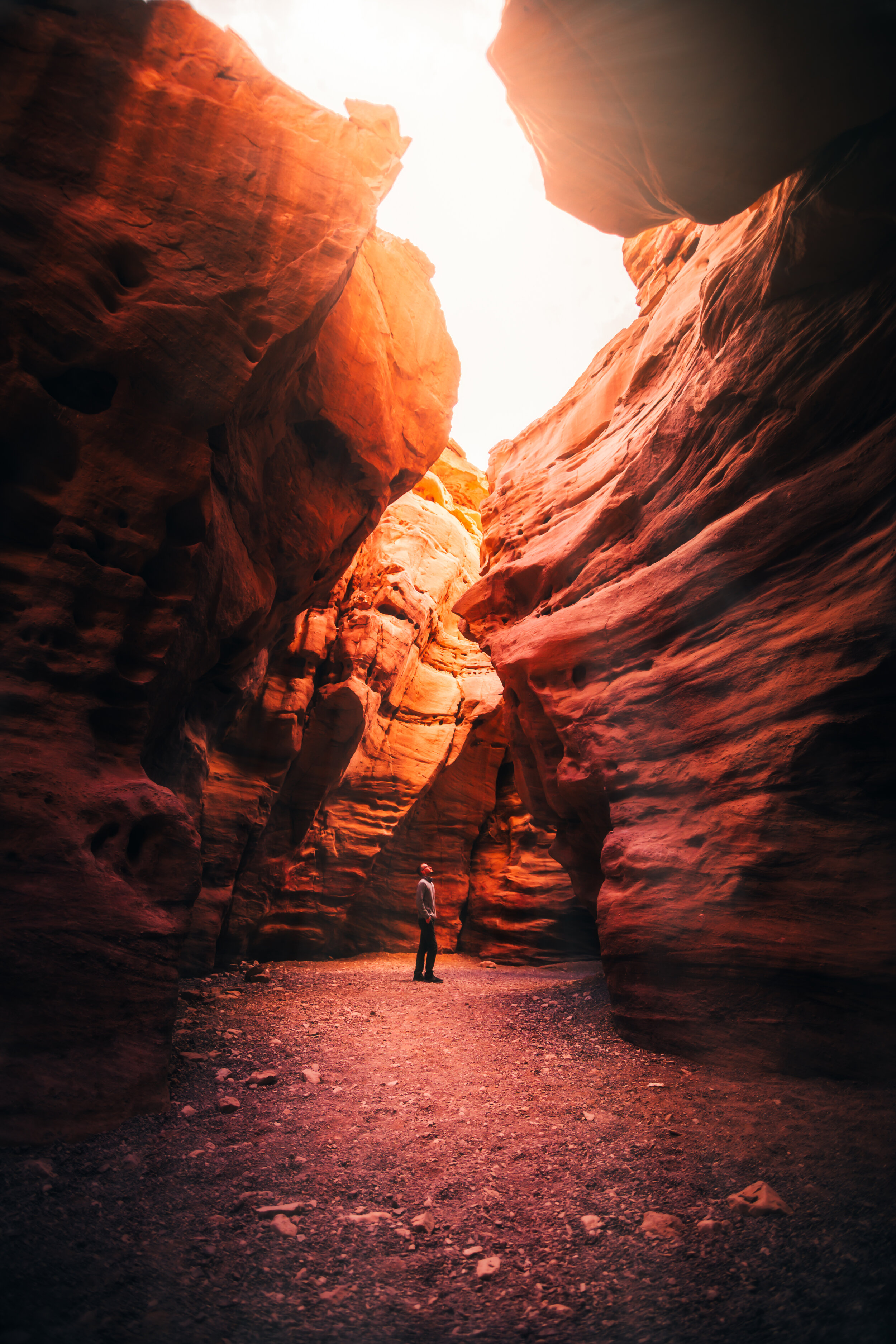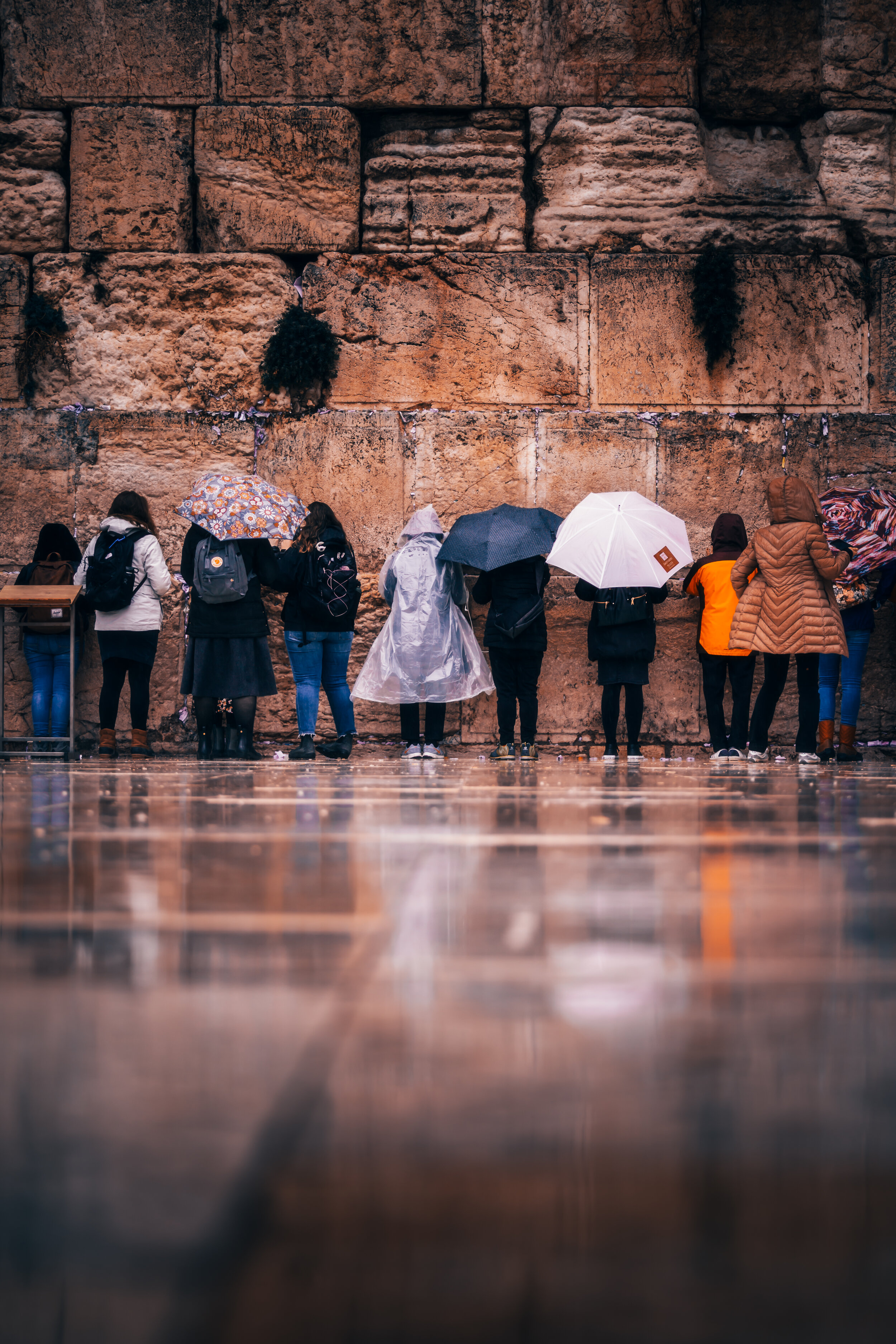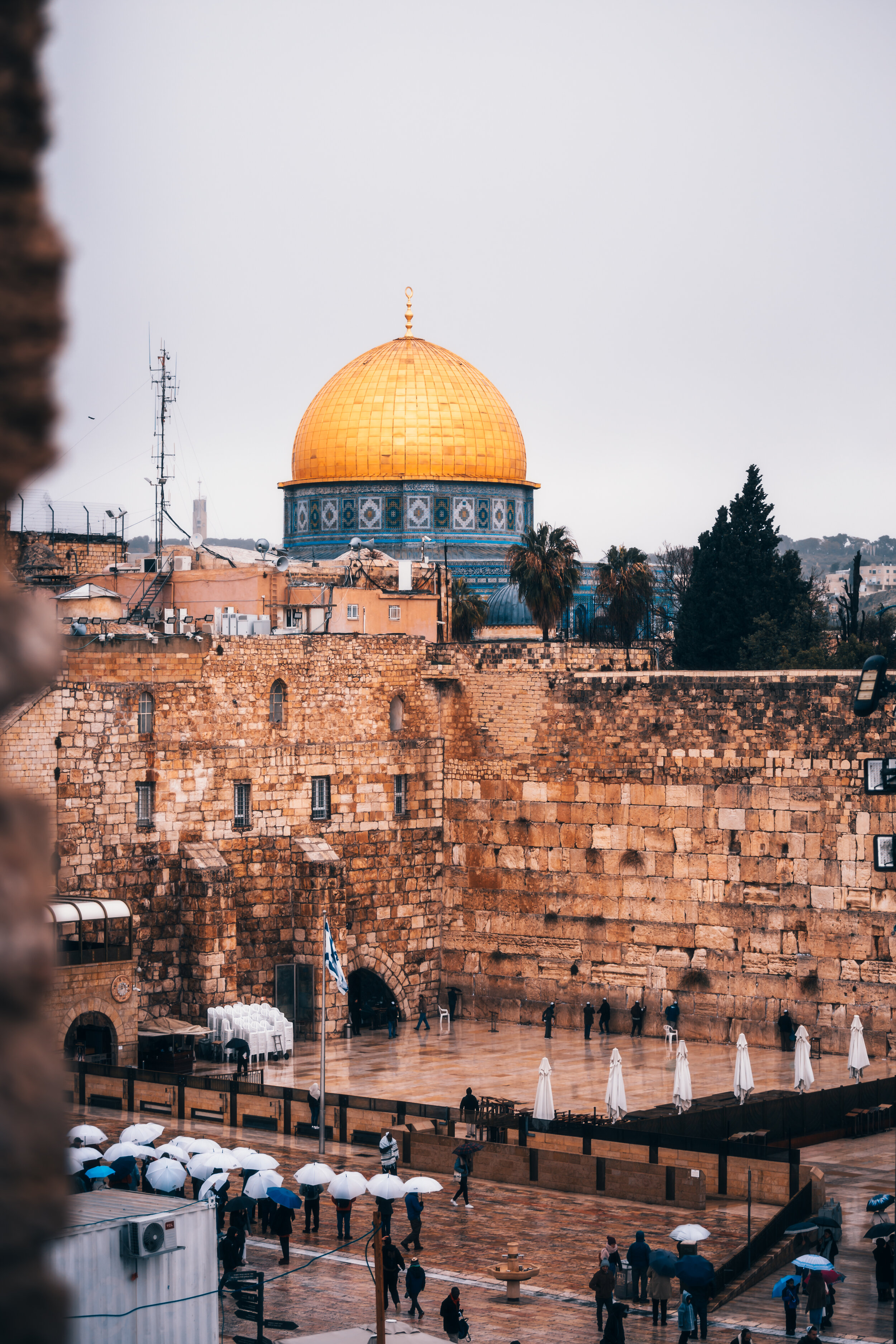A Little Guide To Israel
The media portrays this country as no good. They try to tell you the civilians and the army consist of awful people, that this country is unsafe to travel to. This is so far from the truth. What the media doesn’t tell you is how there are many hospitals set up to help the Syrian refugees, how the Israeli citizens are not rude to anyone and are instead super welcoming to everyone. Israel is a country filled with areas to explore, food to eat, and people to meet. Being the size of New Jersey but filled with a million more sights to see, tackling a lot in a little amount of time could be somewhat doable (however not recommended).
Top 10 Free Things To Do While In Israel:
Between the Dead Sea, the Red Sea, and the Mediterranean Sea, any choice will leave you gazing for quite some time. Along with these three, the Sea of Galilee (Israel’s only freshwater lake) is also beautiful and worth making your way to.
The Dead Sea deserves it’s own bullet, because this place offers many health benefits! Minerals found in the dead sea include bromine (these soothe your nerves), iodine and magnesium (these ease arthritis, rheumatism, psoriasis, skin problems, and even some respiratory issues). Both the mud and salt can be used as an exfoliate for your skin. The sun’s harmful ultraviolet rays are also eliminated here, thanks to the oxygen level, low-altitude, and evaporating gases.
The Machane Yehuda Market in Jerusalem is perfect for people who love spices, dried and fresh fruits, halva, cheeses, ethnic dishes, and so much more!
The Western Wall is an experience like no other. While I recommend going during Shabbat (Friday at sundown through Saturday at Sundown), anytime will be sure to fill your expectations. Security is extremely high, and there are many IDF soldiers walking around. The Dome of the Rock (yes, that same golden dome you slightly remember learning about in Art History) is also viewable from this area.
Join over 200 artists at the Nahalat Binyamin Arts and Crafts Fair on Tuesdays and Fridays. They have dinnerware, door signs, pots for your plants and more — everything is all original works of art.
Emek Refain Street is filled with jewelry shops, bakeries, ice cream parlors, restaurants, and more. On Friday nights, this section of Jerusalem is jam packed with locals and tons of activities.
Interested in art and music? Me too! My favorite city in Israel is Tsfat (Tzfat), and if you’re interested in those two subjects I bet you’ll grow very fond of Tsfat. Consisting of many musicians playing on the streets, artists selling their work on every corner, and beautiful scenery all around, Tsfat is sure to keep your attention. Located in a very hilly part of Israel, getting around Tsfat is best done by walking (there are many stairs and small pathways you can walk through leading you to other areas).
The Old City is amazing, and filled with four prime quarters — Jewish, Armenian, Christian, and Muslim. The Jewish Quarter will give off a different ambience than the Armenian Quarter. They all have a different vibe to them, and are all worth walking through.
Have you ever scrolled on Facebook or overheard someone clueless talking about how “the Holocaust never happened?” Well, Yad Vashem is a great memorial museum which can show you the Holocaust did happen. There are glass floors you will walk over that are on top of thousands of shoes which belonged to the prisoners. There are authentic photos, images, and items retrieved which will all show you the events that took place. There are even recordings of interviews with survivors. It is important to recognize history so we can prevent taking the same steps in the future. Knowledge is power.
Both the Tel Aviv Port and the Old Jaffa Port are amazing! The Old Jaffa Port is a little bit better (to me) because it is from the biblical times and has been around since the start. They’ve transformed warehouses into art galleries, and the most authentic restaurants can be found here.
Top 5 Important Factors to Keep in Mind:
Israel is very safe to travel to and this first point is not meant to change your opinion, but rather make you aware. Wars have calmed down, and while there are areas I highly recommend not travelling to without security (this includes Hebron, and the West Bank in general. When I went to Hebron with a tour group, we switched out from a regular bus into a bullet-proof bus), there are still many more areas which are completely safe. In the event of a terrorist aerial bombing, the Iron Dome will make attempts to capture and seize. In the event of the Iron Dome failing, bomb sensors will alert you to let you know it’s time to find your nearest bomb shelter. While this will rarely happen, it can never hurt to take extra precautionary measures and find out where your closest shelter is upon arriving. I promise, Israel is safe! But unfortunately, thieves are everywhere and people who pickpocket are more common amongst Middle Eastern and Europeans countries. Stay aware of your surroundings, and keep your belongings in your sight. Unfortunately, I had been a victim of this a couple years ago, and had $400USD pick-pocketed from me. It’s not very fun making that phone-call to your parents, and it’s much more worth it to keep a fanny pack on you so your belongings stay in front of you.
Middle Eastern weather is beautiful! Israel will experience all four seasons, however the best seasons to go are both Spring and Fall. The winter season can sometimes be around 50 degrees, while the summer season can reach temperatures over 100 degrees fahrenheit! Being in the desert, I can assure you that you will feel that heat in the summer time, and even sometimes in the winter depending on the day — I hiked Masada in January and was seriously burning up in jeans and a t-shirt (always remember sunscreen to protect your skin, and some sort of sunhat to protect your scalp!).
Unless you’re renting a car (in which case drive carefully — Israeli drivers are ridiculously aggressive), you’re probably wondering about public transportation. Luckily enough, it’s crazy easy to get around Israel without a car! There are so many options. They have Uber, but they also have Monit Sheruts which are their own shared taxis with up to (10) passengers allowed! Monit Sheruts can run both between and within cities. Other than these two options, there are also Gett Taxi Services, private cabs, and a super comfortable train and bus system set up. In Tel Aviv, there is a Tel-O-Fun shared bike system, similar to Citi-Bikes. There is an app available for Tel-O-Fun, the railway system, and the bus system (Moovit).
If you’re travelling to Israel from America, your currency conversion rate is (1) New Israeli Shekel (NIS) to (0.29) US Dollars (USD). While it’s always a good thing to carry your card on you, it’s also an even better thing to carry cash on you. You can use this cash for public transportation (buses, taxis, etc),and I can assure you that you will need to haggle a price on something at some point.
You may have guessed it, but if you’re someone who rarely travels and never leaves your country, you may not know that you will need an outlet converter for Israel. Universal outlet converters are perfect because they will come in handy for more than just one country of your choice — they will have options for Asian converters, European converters, and other converters as well. Some options available may include USB ports making it easier to charger your phone while using the outlet converter for other products such as a hair straightener or camera charger.


